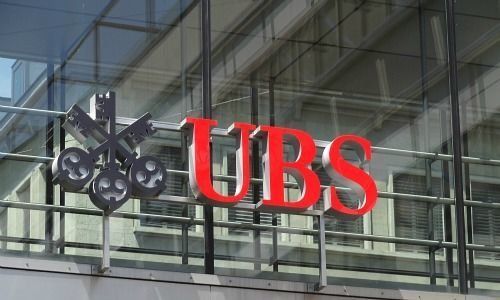Zuberbuehler, who famously referred to UBS' write-downs early in the crisis as mere «fender-benders», detailed to «Handelszeitung» (in German) how Bern worked on a rescue for months without either UBS' or Credit Suisse's knowledge.
The retired regulator dismissed Kurer's view that UBS' rescue wasn't necessary as «whitewashing after the fact». The bank only had enough liquidity for seven to ten days, said Zuberbuehler, who sits on the board of Swiss private bank EFG International.

Billion-Dollar Profit
Switzerland was under pressure from other countries who had already stepped in to shore up their respective banks, Zuberbuehler elaborated. This lessened the chances that UBS could secure capital through other means, he said. The long and discreet rescue preparations ultimately benefited Switzerland: five years later, the government made a billion-dollar profit offloading its stake in UBS.
The profit doesn't sit well with Gruebel: «I doubt whether central banks are here to make such large profits,» he told the «Schweiz am Wochenende» newspaper.
Discussion Ended
Former government minister Pascal Couchepin (pictured below), who was president of Switzerland's seven-member governing council during UBS' rescue, also weighed in.

His comments illustrate why the two sides still view things in such starkly different terms: Peter Kurer «was the opinion that UBS didn't need us to get through the crisis – and this despite the fact that his team had brought the institute to the brink of collapse,» Couchepin said. «I then ended the discussion, and haven't spoken to him since.»
- << Back
- Page 2 of 2




































